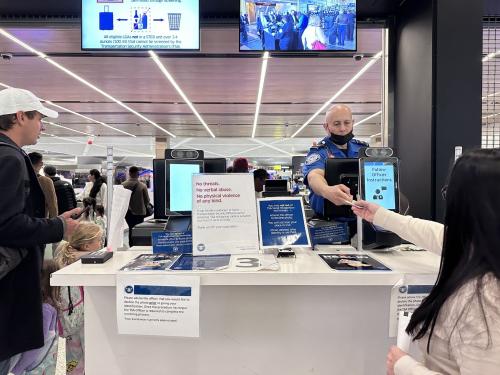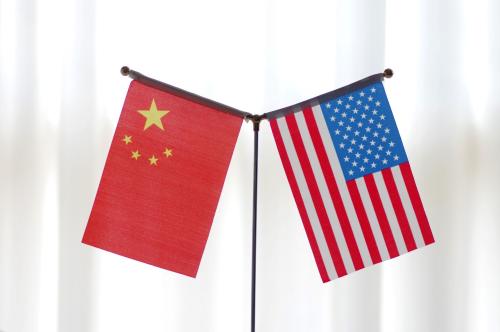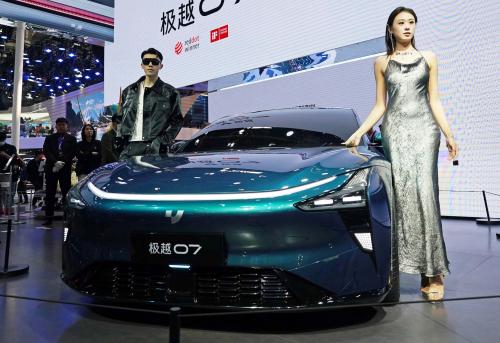There is no question that Taiwan will come up at the meeting between President Obama and Chinese President Xi Jinping in California at the end of the week. Because China’s government regards the termination of Taiwan’s separate existence as a fundamental national goal, and because Beijing regularly states that it is the “most sensitive and important” issue in U.S.-China relations, Xi will raise it at some point. The question is how he does so.
In some bilateral meetings, the discussion of Taiwan is a ritualized set-piece. The Chinese side stresses the importance of the issue and what it would like the United States to do (don’t promote de jure independence and end arms sales). The U.S. side reiterates that Washington has a one-China policy, adheres to the three U.S.-PRC communiqués and the Taiwan Relations Act, and has an abiding interest in a peaceful resolution of differences between the two sides.
That’s all that happens when Taiwan is not a very salient issue between Beijing and Washington. And that may be all that happens at Sunnylands, because Taiwan is not terribly salient between the United States and China right now. Beijing is making gradual progress in improving ties with Taipei, particularly on economic issues, and seems willing to move patiently and incrementally towards its long-term goal.
Yet President Xi may have reasons to pull the United States back in the game. The main one is that progress with Taipei is likely to slow over the next few years and that nothing will happen to lock in political understandings with Taipei, something that Beijing would prefer. Another potential problem: Taiwan’s next presidential election will occur in early 2016. Beijing fears that the opposition Democratic Progressive Party, which in its mind is associated with de jure independence and acted provocatively when it was in power before, will return to power and negate the progress that has occurred.
So what might Xi Jinping ask Barack Obama to do? First, he might ask that the United States express rhetorical support for unification and opposition to Taiwan Independence. But Washington has properly and consistently focused on how the Taiwan Strait issue is resolved and not on actual outcomes. The most we have said publicly on Taiwan Independence is that we “do not support” it. It’s up to Beijing to convince the leaders and people of Taiwan that unification is a good idea. There is no need for the United States to help it out.
Second, Xi might seek a U.S.-China negotiation on a framework for limiting and ultimately ending U.S. arms sales to Taiwan. The Chinese assumption here is that Taiwan will be unlikely to do a political deal as long as it has U.S. security support, including advanced arms. But the assumption is flawed. True, American security backing enhances Taiwan’s confidence, and the record indicates that Taipei is more willing to negotiate with Beijing when it feels confident. For political and other reasons, however, a Taiwan that feels weak and isolated is unlikely to negotiate at all, and certainly not on China’s terms. In fact, the reason Taiwan is reluctant to engage with Beijing on political issues, either medium- or long-term, is not U.S. arms sales but China’s own formula for resolving the political dispute. That is a point that President Xi should hear from President Obama.
The Brookings Institution is committed to quality, independence, and impact.
We are supported by a diverse array of funders. In line with our values and policies, each Brookings publication represents the sole views of its author(s).



Commentary
Obama and Xi at Sunnylands: Taiwan
June 3, 2013